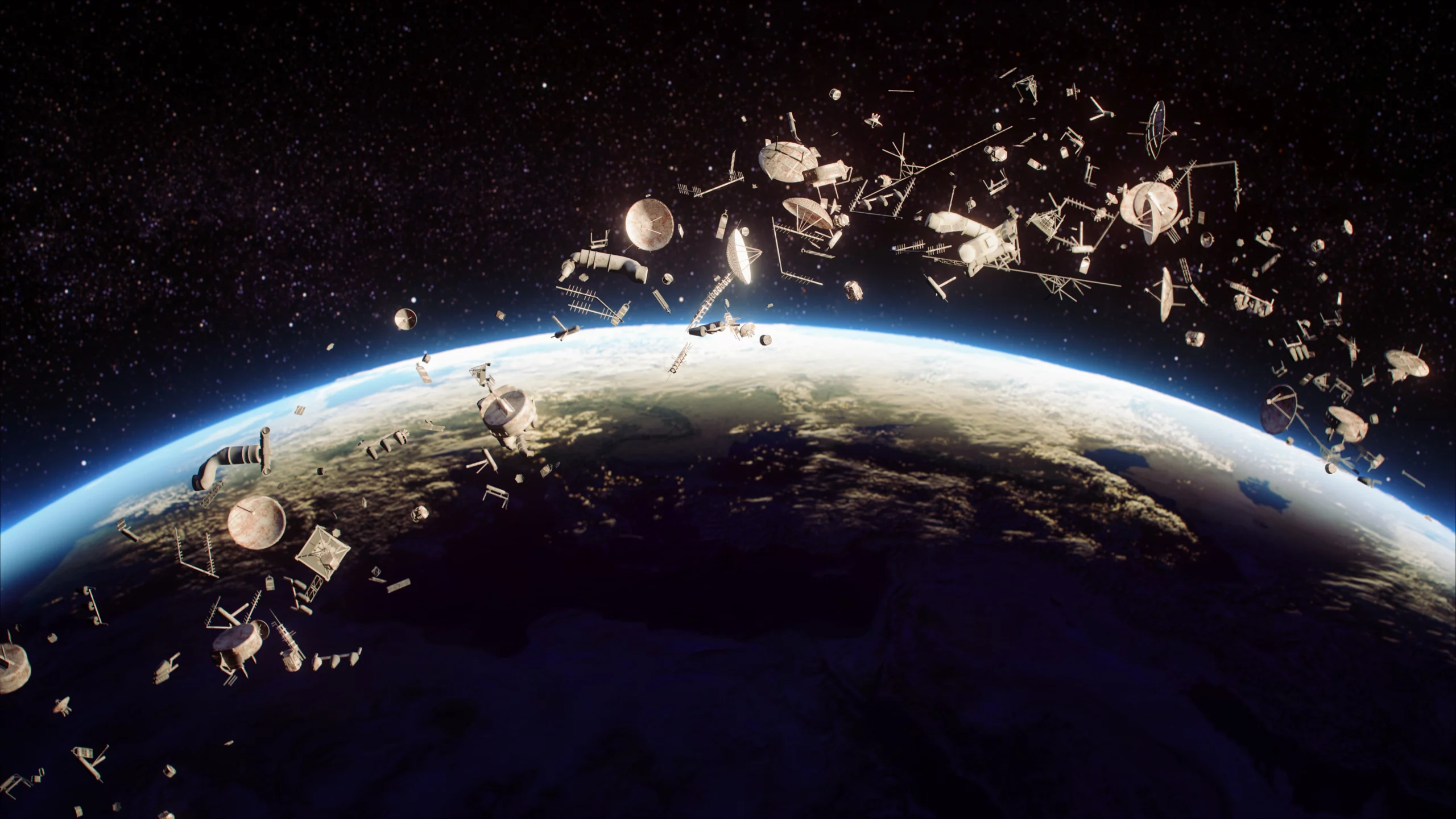Space Debris claimed to have fallen from a Chinese rocket booster is said to have landed near to villages in both Malaysia and Indonesia on Saturday, only a few days after a huge object believed to have come from an Elon Musk-owned spacecraft was found in Australia.
According to Dr. John Crassidis, incidents of space debris falling on Earth are “becoming more regular” and should raise some alarm.
At the University at Buffalo, Crassidis teaches mechanical and aeronautical engineering. He has spent the last 15 years researching space debris and assists NASA and the U.S. Air Force in keeping track of it.
Along with actual events when this kind of debris has struck the Earth, popular entertainment has also made people think about space trash. Falling space debris is featured in Jordan Peele’s recent successful science fiction horror movie Nope, as well as in previous blockbusters like Wall-E and Gravity.
Crassidis said that “the chances of you getting wounded by a piece of space trash are exceedingly modest” while discussing space debris in the real world. But he thinks those chances may soon improve as commercial space tourism grows and nations like China and Russia announce greater investments in space exploration.
The instance from last week included an Australian farmer who heard a loud boom and then found a roughly 10-foot chunk of space trash on his land. After being summoned to the site, a space specialist from the Australian National University determined that the item originated from a SpaceX Crew-1 vehicle.
A SpaceX Rocket debris on an Australian sheep farm
According to Crassidis, SpaceX presumably attempted to direct their wreckage to land in a “very unpopulated” area of the Pacific Ocean, which is often chosen as a target for spacecraft that are returning to Earth.
“It isn’t a precise science. Therefore, I’m not precisely sure what occurred here, and SpaceX is not to blame “Regarding the Australian debris, Crassidis stated. “I believe they did all they could to make sure it fell into the Pacific Ocean,” the speaker said.
Since the ocean covers the majority of the Earth, Crassidis also noted that most debris impacts to water. However, a rise in space debris crashing to Earth would probably coincide with the recent expansion of space tourism services provided by businesses controlled by Musk, Jeff Bezos, Richard Branson (Virgin Galactic), and Richard Branson (Blue Origin).
According to Crassidis, “it’s beginning to get to the point where places should start caring about these things.” There is a 1-in-10 risk that someone may be injured in the next 10 years, according to some research, if the current trend continues.
Different ideas have been floated about how to stop space debris from colliding with Earth. To break up the debris into tiny bits before it hits the Earth’s atmosphere, they include big space nets and harpoons in addition to lasers.
When you start detonating objects in orbit, more space debris is produced. That’d probably be preferable for when it starts to subside. But creating space trash that may potentially crash with other things is the last thing you want to do “added Crassidis.
To get to his more urgent point, he said, “A marble-sized piece of debris may take out a satellite.” He said that he believed the astronauts in space had a greater possibility of suffering injuries than those of us on Earth.
According to Crassidis, the technology necessary to prevent space trash from entering the Planet’s surface and crashing anywhere on the surface of the planet is just not available right now.
He said, “I’m attempting to do what’s more doable, which is better to monitor this thing. Scientists can more accurately forecast where space junk will end up by comprehending how it travels through the universe, according to Crassidis.
Since there isn’t much we can do about it, he continued, “I don’t really concentrate on items coming back in.” I’m only attempting to keep better track of the current information.
Source: Newsweek

